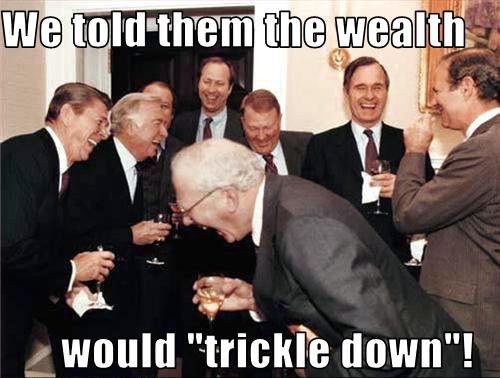Originally posted by petergriffin
View Post
It's still open to abuse now but obvious it is not. Nothing I mentioned requires direct money creation barring asset purchases, and even those are done via the intermediation of private banks.









Leave a comment: